Will Ketosis Continue With Black Coffee
This post may be sponsored or contain affiliate links. All opinions remain our own.(Full disclosure)
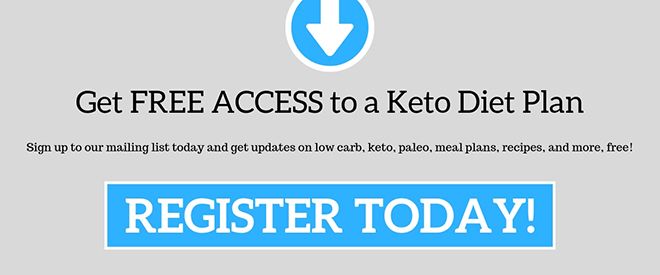
Are you one of those people whose first task in the morning is boiling the kettle for a cup of coffee?
When starting a low carb diet, it entails making significant changes in your eating habits. You avoid typical high-carb food such as bread, pasta, potatoes, and sweets as they have no place.
Some people manage the transition to high-fat eating only to struggle or set themselves back with liquids.
Many drinks contain too many carbohydrates to be part of a keto lifestyle, including fizzy drinks, fruit juice, energy drinks, milk, and alcoholic beverages.
Coffee is one of the most consumed beverages in the world, and many people cannot begin the day without first consuming a cup. We start drinking it from a young age and can be hard to give up entirely.
If you feel that you cannot function without your cup of joe or caffeine, you may wonder if you can drink coffee on a ketogenic diet and stay in ketosis?
Ketogenic Diet and Caffeine
On LCHF you have to give up an endless amount of things. The list includes carbohydrates, sugars, starches, alcohol, sodas and many more.
Giving up so many of life's pleasures can push us over the edge and ultimately fail to succeed on our chosen diet.
For many, caffeine is an integral part of life, because it awakens and motivates, stimulates and helps to overcome the lows that a day brings with it.
At first glance, many would not place coffee on the forbidden foods for a low carb diet.
If you follow an Atkins diet, however, you cannot consume coffee and caffeine in the first carbohydrate-free phase.
It is unclear how much caffeine it takes to kick you out of ketosis, but drinking coffee has an impact on insulin sensitivity.
You can check your ketone levels with the help of a blood ketone and glucose testing meter.
LowCarbAlpha
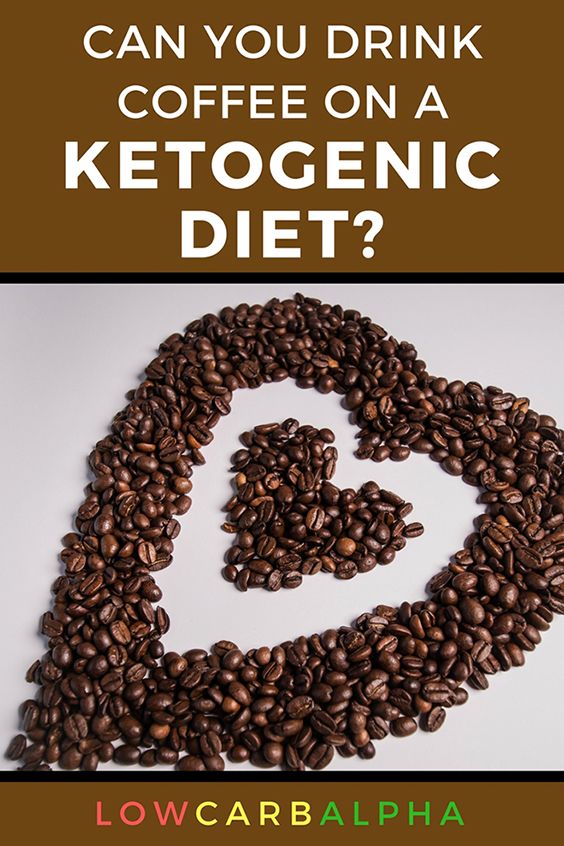

How Coffee Affects Insulin
Drinking coffee will send the caffeine stimulant through our body and release adrenaline.
The adrenaline creates a release of stored glucose from the liver. Adrenaline is consequently a catabolic hormone that elevates blood sugar levels in the body.
The body subsequently releases insulin and assists to transport sugar into the cells. As your body releases insulin, your body will attempt to store fat.
This cycle can begin a path for reduced insulin sensitivity and insulin resistance.
When the body becomes insulin resistant, the cells are no longer able to respond to or uptake of glucose.
Over time it results in permanently high blood sugar and unable to lose weight.
Eating a ketogenic diet will help to reduce obesity, manage diabetes, and improve insulin sensitivity so our cells can absorb glucose better.(1)(2)
Studies show consuming tea and coffee can reduce the risk of developing type 2 diabetes.(3)(4)
The regulation of blood sugar is complex but, put simply, caffeine causes blood sugar to rise which sequentially breaks ketosis.

Caffeine and Cortisol
Cortisol is a stress hormone that has helped us in paleo times to fight and escape efficiently.
It is true that taking caffeine can boost our cortisone level. Too much cortisol, in turn, causes metabolic processes to initiate and provide extra energy.
For instance, muscle mass is broken down to extract glucose. If the glucose is not absorbed, our body converts it into fat.
Eating a keto diet helps to support your body to burn ketones for energy and reduce glucose intolerance.
Does Coffee Kick You Out Of Ketosis?
The answer is, of course, it depends.
The subject here is plain black coffee, without added milk, sugar, cream, and sweeteners.
Ideally, you should stay well away from sugars and artificial sweeteners whether you are eating a Paleo diet, for ketosis, or vegetarianism.
Depending on how your carbohydrate intake falls for the rest of the day, the added ingredients make the fundamental difference.
Caffeine influences the glucose level if the coffee immediately follows a high-carbohydrate breakfast or if it is drunk with sugar.
You want to avoid sugar altogether on keto so get rid of it from your cupboards.
Your body can react strongly to caffeine depending on how much you drink and how strong you like it.
If you are converting to an LCHF ketogenic diet, it may be sensible to limit coffee or caffeine first to help you into ketosis.
Adjusting to high-fat foods can be very difficult for you at the beginning, as you will feel tired in the first few days and possibly pick up the keto flu.
Adding Sugars, Sweeteners, and more
If you have to mask the bitter taste of coffee, then use a natural sweetener such as Erythritol or Stevia instead of sugar.
Avoid milk, including full-fat, skimmed varieties. If you have many coffees during the day, the net carbs will add up, and you will be over 50g carbs in no time.
Be careful with milk substitutes such as almond and Coconut Milk as the same carb problem implies.
Heavy cream is the best alternative if you do not like it black. It will give it added flavor and provide fats for energy.

The list could go on since there are many other ways to drink your coffee such as bulletproof coffee where you add coconut oil, MCT Oil, and or grass-fed butter.
Many people who follow a diet low in carbs use artificial sweeteners or sugar substitutes in their coffee, teas and other beverages to satisfy the sweet tooth without altering carbs.
Natural sweeteners do not contain carbohydrates and can be extremely helpful to help cut sugar from your nutrition plan.
They can also set off a carb craving by telling your body you need something sweet.
Weight loss could even stall due to artificial sweeteners due to changes in the body when we eat something which appears to be sweet.
If you notice you are unable to lose weight try eliminating artificial sweeteners and see if it affects fat loss. You want to make your cup of coffee healthier.
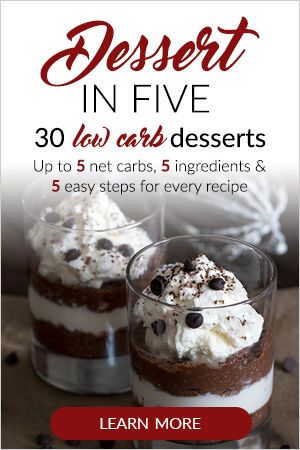
Conclusion
Caffeine and coffee effects people following a ketogenic diet in different ways.
If you drink coffee or you cannot take it out of your daily life be sure to consume the healthiest option possible.
Black and sugar-free coffee are very much keto friendly, although less than half of people would drink it this way.
Organic always wins over non-organic, freshly ground over instant coffee granules and so on.
Try drinking as much coffee as you like for a week, test your ketone levels and see if you stay in ketosis.
Caffeine could help you transition at the beginning of a ketogenic diet. During the changeover phase, you could feel more tired and feel weaker.
It that is the case continue your morning cuppa to help power you through the day.
Be sure to limit coffee later on in the day as it takes the body over 8 hours to remove caffeine from the body.
If you are already in ketosis or a pure caffeine junky, then continue what you are doing, especially if it is working for you.
Do you drink coffee on your ketogenic diet or is it a barrier to ketosis?
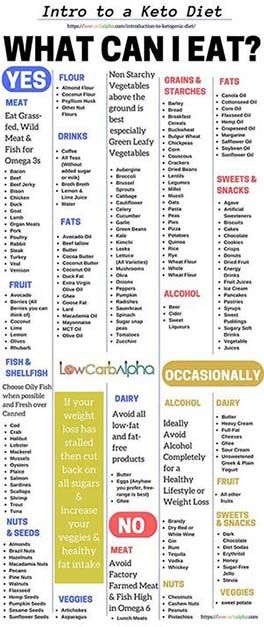

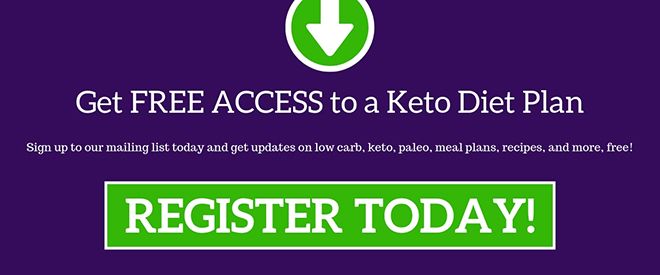
Source: https://lowcarbalpha.com/coffee-on-ketogenic-diet/
0 Response to "Will Ketosis Continue With Black Coffee"
Post a Comment